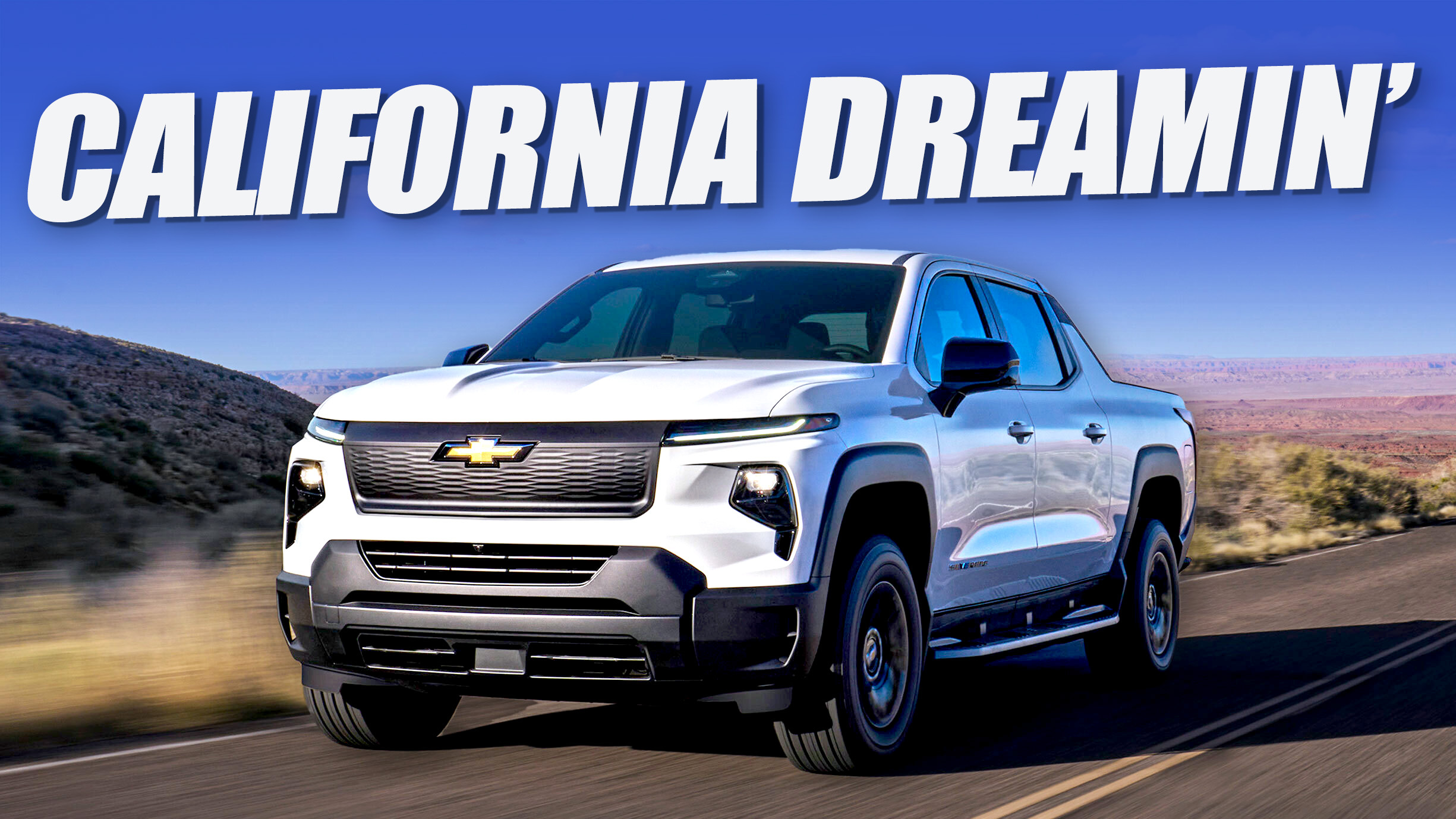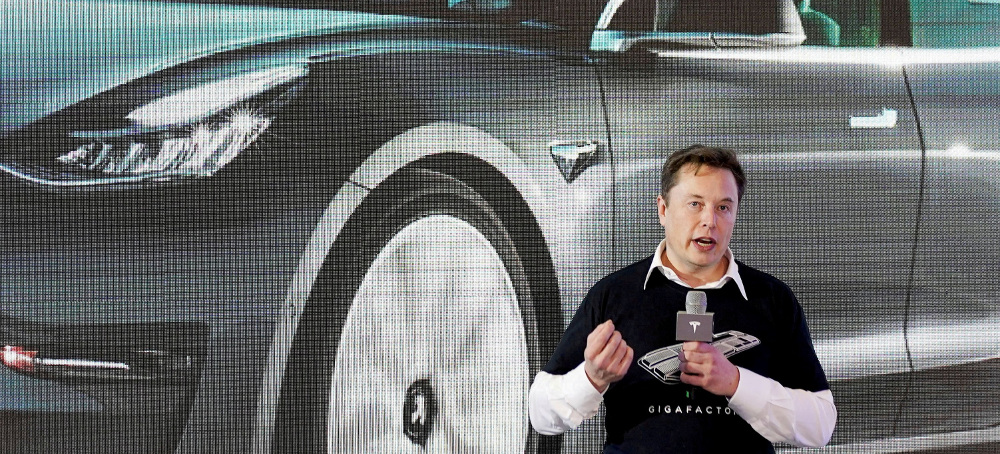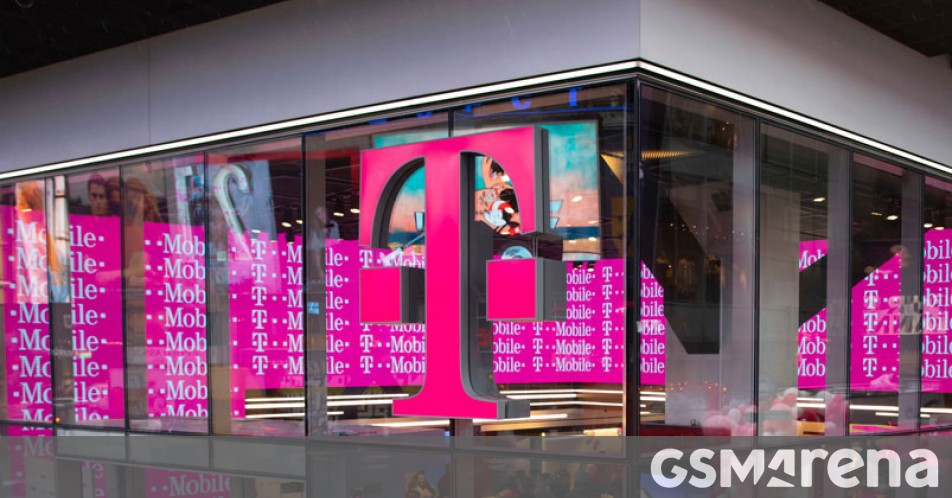Car Dealers Renew Fight Against EV Mandates

Table of Contents
Economic Concerns Fueling Dealer Opposition to EV Mandates
The transition to electric vehicles presents significant economic challenges for car dealerships. The high upfront investment required for EV infrastructure is a major hurdle. Dealerships must invest in costly charging stations, specialized tools for EV repair and maintenance, and extensive employee training programs to service these new vehicles. This represents a substantial financial burden, especially for smaller dealerships with limited resources.
Furthermore, the profitability of EV sales is currently lower compared to gasoline vehicles. Lower profit margins per vehicle sold, coupled with the high initial investment costs, could significantly impact dealership revenue and potentially lead to decreased profitability or even financial losses. This is particularly concerning given the uncertainty around consumer demand for EVs in specific regions and the potential for unsold EV inventory.
- High initial costs of EV servicing equipment. Specialized tools and diagnostic equipment for EVs are significantly more expensive than those for gasoline vehicles.
- Lack of trained technicians familiar with EV repair and maintenance. Retraining existing staff and hiring new technicians with EV expertise adds to the operational costs.
- Uncertainty around consumer demand for EVs in specific regions. Demand for EVs may vary greatly depending on geographical location, impacting inventory management and profitability.
- Risk of unsold EV inventory leading to financial losses. The high cost of EVs makes unsold inventory a significant financial risk for dealerships.
Concerns about Consumer Readiness for the EV Transition
Beyond the economic concerns facing dealerships, there are also significant concerns about consumer readiness for a widespread EV adoption. The current infrastructure for EV charging is insufficient in many areas, leading to what many consumers refer to as "range anxiety." Limited public charging stations, particularly in rural areas, create a barrier to EV adoption for many potential buyers.
Adding to this challenge are concerns about charging times. While charging technology is improving, it still takes significantly longer to charge an EV than to refuel a gasoline vehicle. This inconvenience, combined with the higher initial purchase price of EVs and uncertainty about long-term battery life and replacement costs, deters many potential buyers.
Furthermore, a lack of awareness and education surrounding EV technology and its benefits among some consumers remains a challenge. Many potential buyers are unaware of the various government incentives, tax credits, and other financial benefits associated with purchasing an EV.
- Limited public charging stations in many areas. The lack of widespread charging infrastructure creates a significant barrier to EV adoption for many consumers.
- Long charging times compared to gasoline refueling. Charging times remain a significant inconvenience compared to the speed of refueling gasoline vehicles.
- High initial purchase price of EVs compared to gasoline vehicles. The higher upfront cost of EVs is a major deterrent for many consumers, particularly those on a budget.
- Uncertainty about long-term battery life and replacement costs. The high cost of replacing EV batteries remains a significant concern for potential buyers.
Arguments Against the Pace and Implementation of EV Mandates
Many argue that the current EV mandates are too aggressive and unrealistic given the current state of EV technology and infrastructure. The rapid shift to EVs risks disrupting the established automotive industry and potentially leading to job losses in the gasoline vehicle sector. A more gradual transition would allow for a smoother adaptation by both dealerships and consumers.
Furthermore, there is a lack of sufficient government support for a smooth transition. Dealerships need more support in the form of subsidies for infrastructure upgrades, employee training, and financial assistance to manage the transition. Similarly, consumers need more support through incentives and tax breaks to encourage EV adoption. The current mandates lack this crucial element.
- Insufficient charging infrastructure to support widespread EV adoption. The current charging infrastructure is inadequate to support a rapid transition to EVs.
- Concerns about the environmental impact of EV battery production and disposal. The environmental footprint of EV battery production and disposal needs to be addressed through sustainable practices.
- Need for government incentives to support both EV adoption and dealer adaptation. Government support is crucial for a smooth and successful transition.
- Potential negative consequences of rapid, forced transitions. A hasty transition could lead to economic instability and social disruption.
Alternative Solutions and Compromise Proposals
A more gradual and phased implementation of EV mandates could mitigate many of the concerns raised by car dealers and ensure a more sustainable transition. This approach would allow dealerships to adapt their infrastructure and training programs gradually, minimizing economic disruption.
Government support mechanisms are essential to mitigate the economic burden on dealerships during this transition. This could include subsidies for EV infrastructure development, financial aid for employee training programs, and tax incentives to encourage EV adoption among consumers.
A collaborative approach involving car manufacturers, dealerships, and government agencies is necessary to create a smooth and equitable transition. Open dialogue, shared responsibility, and a commitment to finding mutually beneficial solutions are vital to ensure success.
- Phased implementation of EV mandates. A gradual approach allows for better adaptation by dealerships and consumers.
- Government subsidies for EV infrastructure development and dealer training. Financial support from the government is critical for a smooth transition.
- Tax incentives for EV purchases to stimulate consumer demand. Incentivizing consumers is vital to increase the demand for EVs.
- Investment in research and development of improved EV technology. Continued innovation is necessary to overcome the current limitations of EV technology.
Conclusion
The fight against EV mandates is not merely about profits; it's about ensuring a realistic and sustainable transition to electric vehicles. Car dealers are raising critical concerns regarding economic feasibility, consumer readiness, and the pace of implementation. A collaborative approach involving government support, industry collaboration, and consumer education is vital to successfully navigate this crucial shift in the automotive landscape. We must find a balance between environmental responsibility and economic viability. Understanding the concerns surrounding EV mandates is key to achieving a successful and equitable transition towards a cleaner transportation future. Let's continue the discussion on how to best address these challenges and find effective solutions for all stakeholders involved in the EV transition.

Featured Posts
-
 Investing In Middle Management A Strategy For Improved Business Outcomes And Employee Development
Apr 24, 2025
Investing In Middle Management A Strategy For Improved Business Outcomes And Employee Development
Apr 24, 2025 -
 The China Factor Analyzing The Automotive Struggles Of Bmw Porsche And Others
Apr 24, 2025
The China Factor Analyzing The Automotive Struggles Of Bmw Porsche And Others
Apr 24, 2025 -
 Tesla And Space X Under Epa Scrutiny Elon Musks Cryptocurrency Countermove
Apr 24, 2025
Tesla And Space X Under Epa Scrutiny Elon Musks Cryptocurrency Countermove
Apr 24, 2025 -
 The Bold And The Beautiful February 20th Spoilers Steffy Liam And Finn
Apr 24, 2025
The Bold And The Beautiful February 20th Spoilers Steffy Liam And Finn
Apr 24, 2025 -
 T Mobile To Pay 16 Million For Multiple Data Breaches
Apr 24, 2025
T Mobile To Pay 16 Million For Multiple Data Breaches
Apr 24, 2025
